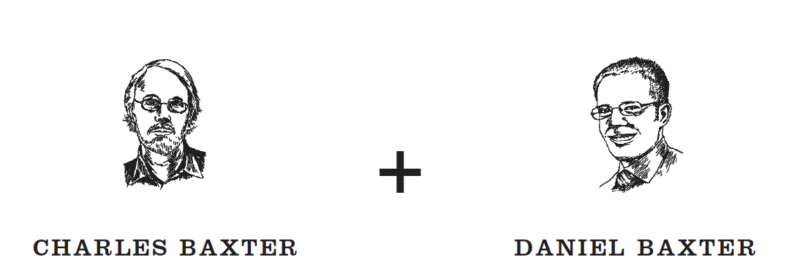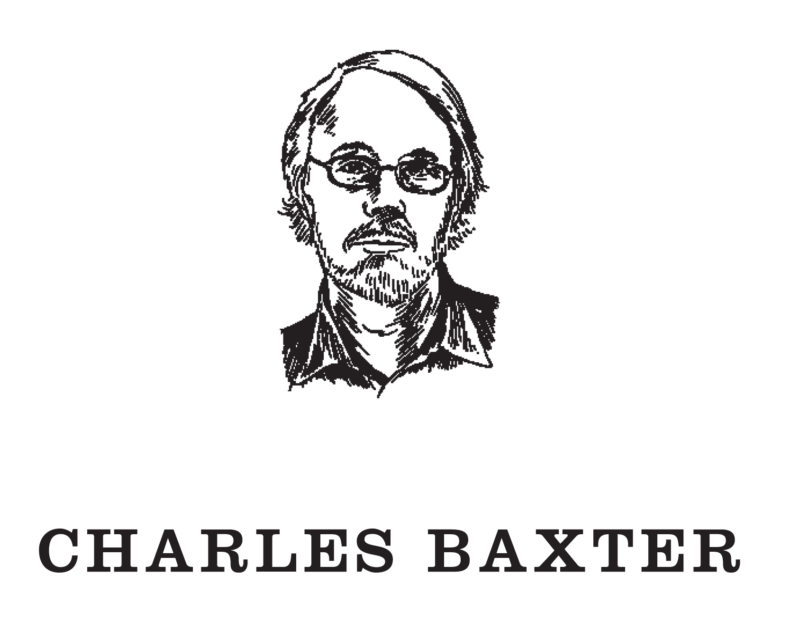
Late spring in southern Minnesota, 1998: the days build from deceptively clear mornings to damp, overheated afternoons. I have driven from Michigan to pick up my son at college and to take him home for summer break. As I enter Northfield, Minnesota—a sign announces the town, modestly boasting of its “Cows, Colleges, and Contentment”—I open the window and smell the faint receding scent of farm fields and the stronger cardboardish odor of the Malt-O-Meal plant just inside the city limits.
A strange mix, a pleasantly naïve Midwestern smell. Our minivan, emptied of its benches and rear seat, should accommodate all my son’s college paraphernalia, but the van, too, has an aroma—of Tasha, the family dog, a keeshond, and of the coffee I have been drinking mile after mile to stay awake. In fact, the van smells of all the Baxters. In Michigan the previous day I witnessed an accident near Albion, a woman driving suicidally into a bridge abutment; as a result, today I am shaky and still unnerved, and I am giving off a bad odor myself.
Daniel meets me in his dorm room. My spirit lifts when I see him. We hug. He is smiling but preoccupied and quiet, as he often is. Typical college kid? How would I know? He’s the only son—the only child—I have. We arrange to go out to dinner at some air-conditioned Northfield bistro. Later, eating his pasta, a favorite food, he tells me that, yes, he will help me load up the van tomorrow, but, well, uh, he also needs to work with his friend Alex on a physics project the two of them have cooked up and have almost finished, a “Chaos Machine,” as he calls it. He tries to explain to me what the Chaos Machine is, and I manage to figure out that it’s some sort of computer randomizer. Much of the time when he explains anything technical to me—he has a brilliant mind for physics and engineering—I am simply baffled. I try to disguise my ignorance by nodding sagely and keeping my mouth shut. One’s dignity should ideally stay intact in front of one’s adult children.
So, OK, I will load the van tomorrow myself.1
I drop him off at his dorm and go back to the motel to get a night’s sleep. All night—I suffer from insomnia, and the motel’s pillow seems to be made out of recycled Styrofoam—I smell the production odors from the Malt-O-Meal plant, the smell of the hot cereal that I was served every winter when I myself was disguised as a child.
My own father died of a heart attack when I was eighteen months old. I remember nothing of him,...
You have reached your article limit
Sign up for a digital subscription and continue reading all new issues, plus our entire archives, for just $1.50/month.
Already a subscriber? Sign in





